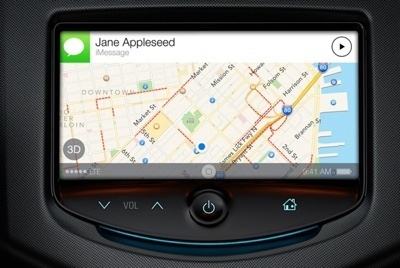Demand and expectation for touchscreen-and-voice-centric HMI is higher than ever; now is the perfect time for voice recognition to step forward as the safest and most useful HMI modality for the car.
But as Strategy Analytics found in its new IVX survey regarding consumer usage and satisfaction with integrated in-car voice recognition and satisfaction with in-vehicle touchscreens, the proliferation of intelligent voice assistants outside the car in addition to the increased familiarity and trust with these systems, has only heightened consumer awareness of the void between in-car and out-of-car UX.
Surveying consumers in the US, Western Europe, and China, key report findings include:
° The downturn in satisfaction with many aspects of in-car touchscreens has begun in earnest, most notably for fingerprint smudging and text entry. Globally, satisfaction with touchscreens has now dipped to the lowest levels since 2014.
° Increased expectations for voice-based UI and frustration with existing offerings in the car have already led to some consumers abandoning integrated HMI altogether, in favor of mobile-device-based systems.
Strategy Analytics found almost no consumer interest in automaker-branded voice assistants. But voice assistants developed for mobile or home are yet to provide the best experience in car. Hardware for voice assistants in the car remains a roadblock.
“A “perfect storm” of factors contributes to these increased expectations,” says Derek Viita, senior analyst IVX and report author. “Consumers are now surrounded by superior voice and touchscreen experiences outside the car. HMI is becoming a more important factor in the purchase decision and automakers are not seen as innovators particularly when it comes to voice control systems. The net result with has been an increase in usage of voice recognition systems, but flattening or decreasing satisfaction with all touch- and voice-based HMI in the cockpit.”


